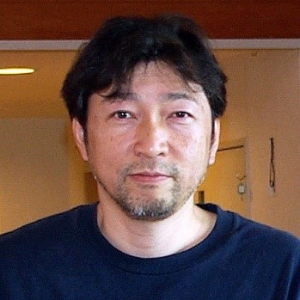Title: Efficient Production of cordycepin, adenosine analog, by Cordyceps militaris mutant
Abstract:
Cordyceps spp., a mushroom species that parasitizes and grows on insects, has long been used as a herbal medicine. One of its active ingredients, cordycepin, is an analog of adenosine. It is a promising raw material for pharmaceuticals and cosmetics due to its known biological activities, including antibacterial and antiviral properties. However, the conventional production method, extraction from the fruiting body of Cordyceps militaris, has not reached practical use due to its remarkably low productivity. Accordingly, the authors investigated the highly efficient production of cordycepin using Cordyceps militaris mycelia from the viewpoint of enhancement of the production performance of the strain and optimization of the culture method. A mutant strain exhibiting approximately threefold higher productivity than the wild strain was obtained by breeding using ion-beam irradiation with protons. Concerning the culture method for cordycepin production, the shaking culture method was unsuitable. The cordycepin productivity was quite low in the shaking culture. Instead, a concentration of cordycepin exceeding 10 g/L was obtained using a liquid surface culture with the medium optimized using response surface methodology. However, the production rate of cordycepin by the liquid surface culture was relatively low; it took approximately 30 days to obtain 10 g/L cordycepin. To enhance the production rate, we developed a rotating disc contactor, which shows low mechanical stress to the Cordyceps militaris and is suitable for repeated batch operation. A repeated batch culture in a rotating disc contactor further enhanced productivity, resulting in a production rate approximately five times higher than that of the liquid surface culture. The mechanism underlying enhanced cordycepin production in the mutant strain is currently being investigated at the genome and metabolome levels.
Audience Take Away Notes:
- Cordycepin's usefulness as an analog of nucleic acid will be explained. The audience will be able to apply cordycepin in cosmetics or pharmaceuticals
- The usefulness of ion beam irradiation as a breeding technique will also be presented. This technique may be applied to microorganisms for which the metabolic pathways remain unknown and for which efficient production methods by genetic modification have not yet been established
- tion of the usefulness of the rotating disc contactor as a unique culture device to address the application of microorganisms that are difficult to culture



